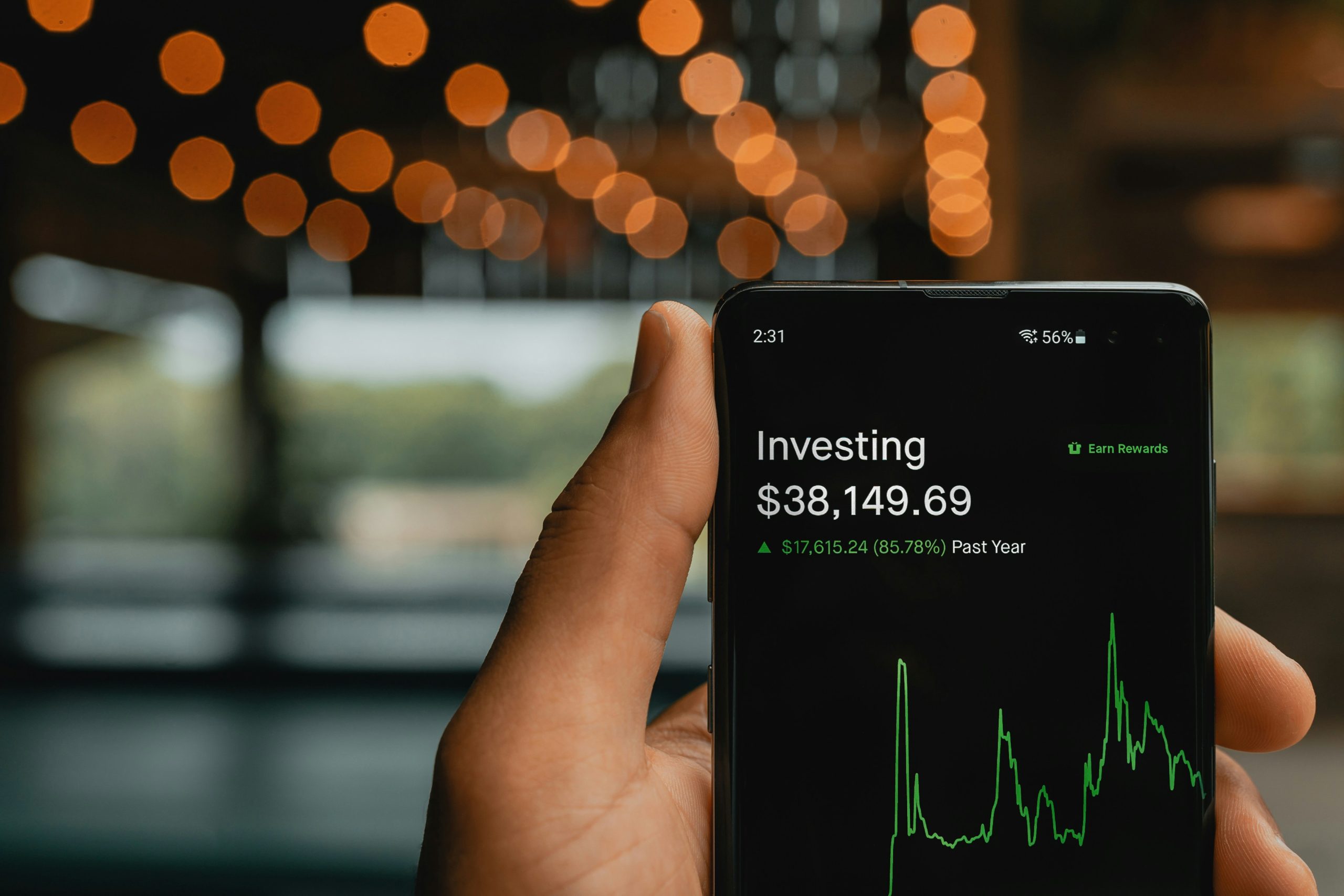
The 6 surprising ways your cell phone bill is holding you back financially
When reviewing your monthly expenditures, it’s easy for you to forget about your cell phone bill. After all, it feels essential. It’s true that many of us pay more than we should, and don’t realize the damage it can cause over time. Here are six sneaky ways that your phone bill could be affecting your financial health. You are paying for features you never useUnlimited Data? Calling abroad? Hotspot access? Although all these features sound fantastic in theory, the majority of people do not use half of what they pay for. Cell phone companies are always upselling you “just in case”, features that can increase your monthly bill by $20 or even more. If you multiply that number by a whole year, that’s hundreds of dollars wasted on conveniences that you rarely use. You might want to switch to a plan that is more affordable and reflects what you actually use. You’re stuck in the Installment Plan trap
Phone companies have come up with a clever method to keep their customers interested: the never-ending payment plan. You may not think much of those shiny new phones with monthly payments until you find out that you are paying $30 to $50 per month for the device. Your phone bill will quickly become a luxury item if you add that monthly payment to your plan. Once you have paid it off, what happens? The cycle is usually repeated by most people. You can either buy the phone outright or keep it as long as you want. It’s Eating Into Your Emergency Fund Potential
Let’s say your phone bill is $100 per month, but you could easily switch to a $40 plan with a budget-friendly carrier. This is $60 per month or $720 annually that you could put into your emergency fund. If you do not have an emergency fund, a surprise car repair or medical bill could cause you to be financially stressed. Redirecting just a portion of your current phone bill savings could make a huge difference in your long-term security.
Image by PiggyBank of Unsplash
4. You’re Missing Out on Investment Opportunities
What if you redirected $50 from your monthly phone bill into a low-fee index fund every month instead? With a modest return of 7%, this would amount to almost $8,700 over the course 10 years. Most people do not consider this when signing up for an iPhone plan. But it is a serious trade-off. It’s not worth it to ignore compound growth. It normalizes high monthly expenses
One sneaky thing about paying too much for your phone is that it sets a tone for your entire financial situation. It’s easier to justify paying $150 per month for something so basic. It can be a silent reminder that life is expensive. In reality, there are many smarter and cheaper ways to stay in touch without wasting money. It Keeps You From Financial Flexibility
Maybe you’ve wanted to take a sabbatical, explore freelance work, or finally move to a new city. Your fixed monthly costs like your phone bill keep you in place. It’s harder to pivot, take risks or build flexibility when you have high recurring costs. It won’t fix everything, but cutting that bill can give you more breathing space. You don’t have to go off the grid. Simply get smarter.
Nobody is saying that you should abandon your phone and live in the forest (unless you really want to). There’s a huge difference between a cell-phone and a plan that steals hundreds of dollars per year. Take 30 minutes to look at your bill. Are you getting the value for money? You may be paying more for your phone than you think. What’s one change you’ve made or want to make to cut it down?

Never Pay Full Price For a Cell Phone Again With These Tips
Smart Shopping Hacks: How to Save Money and Still Enjoy the Thrill of Surprise
